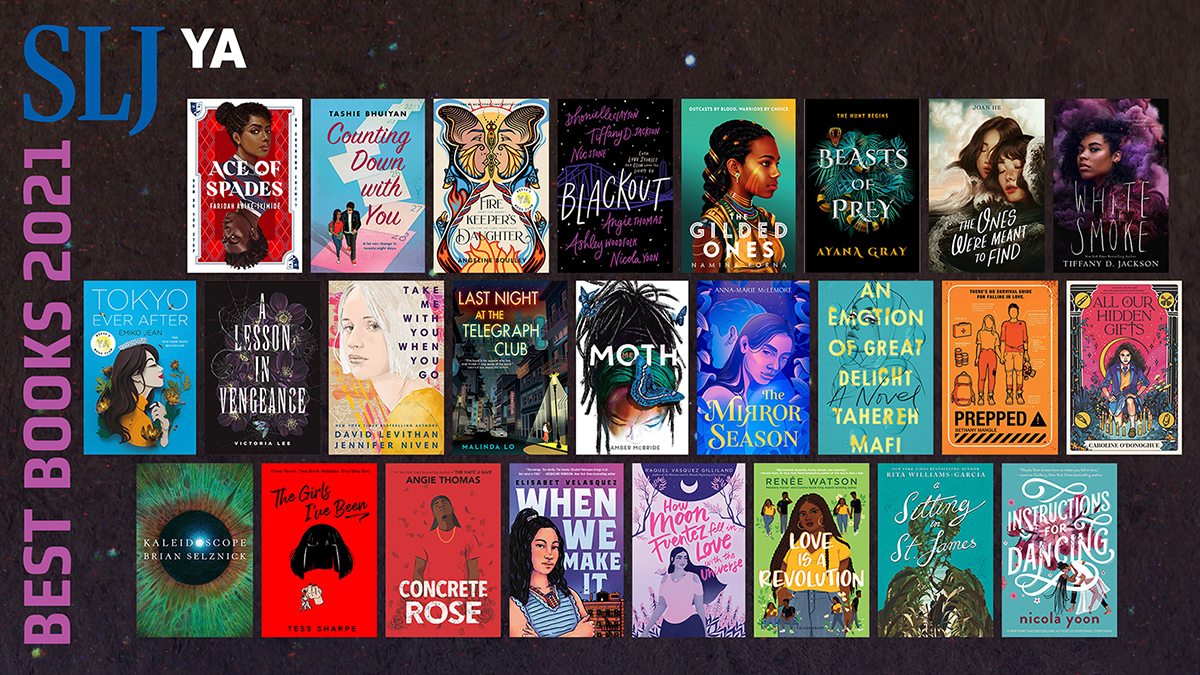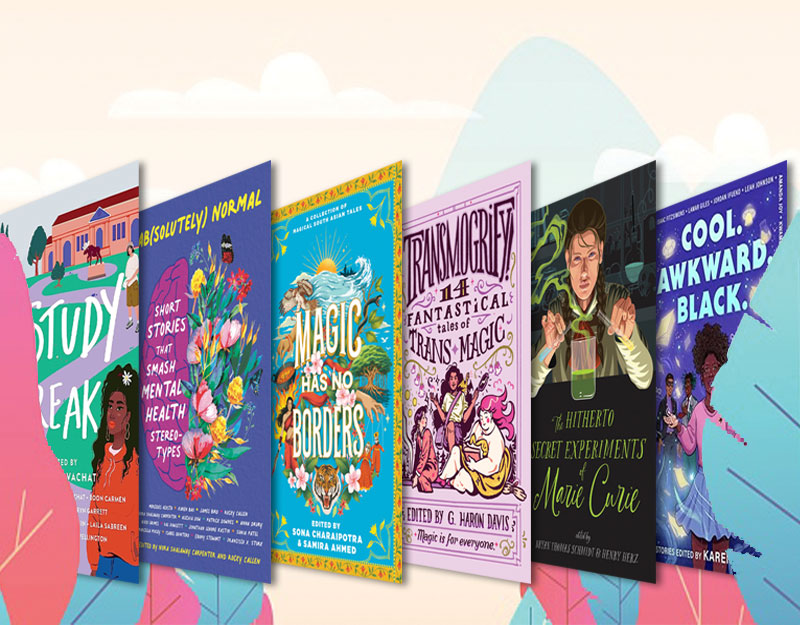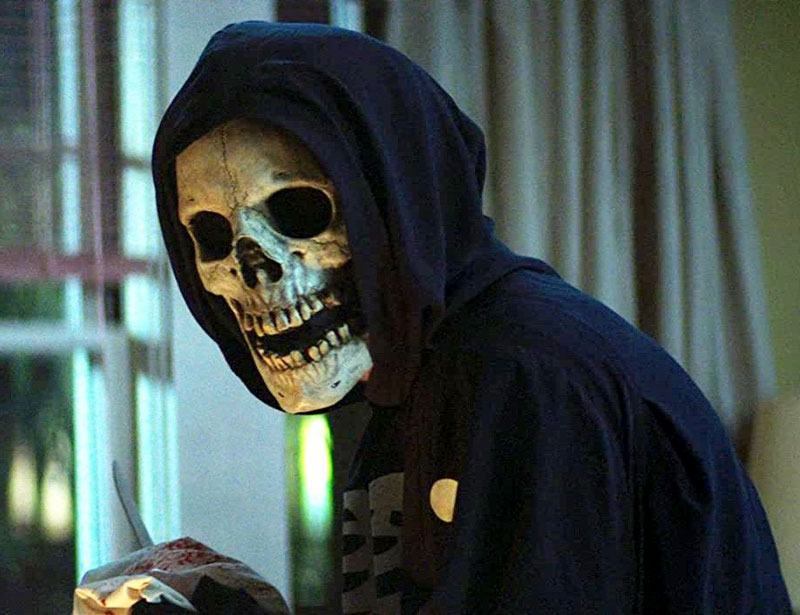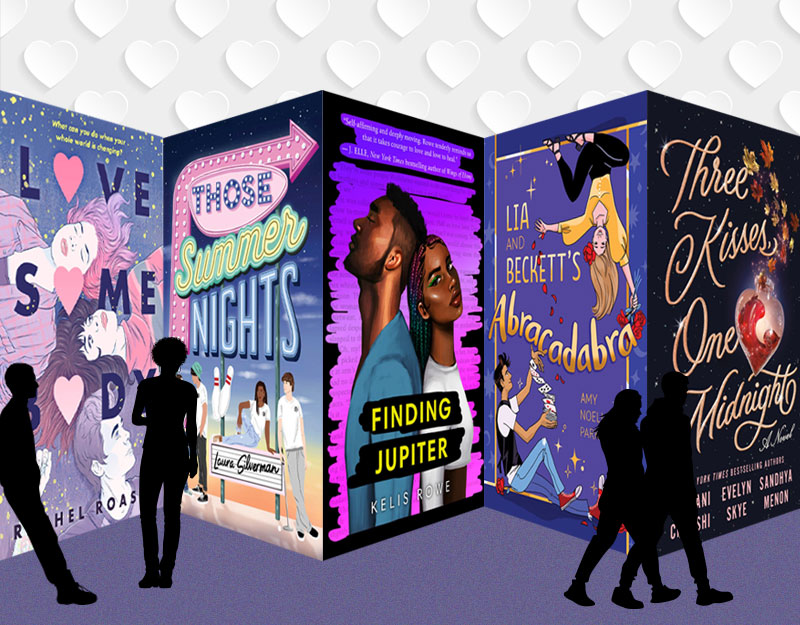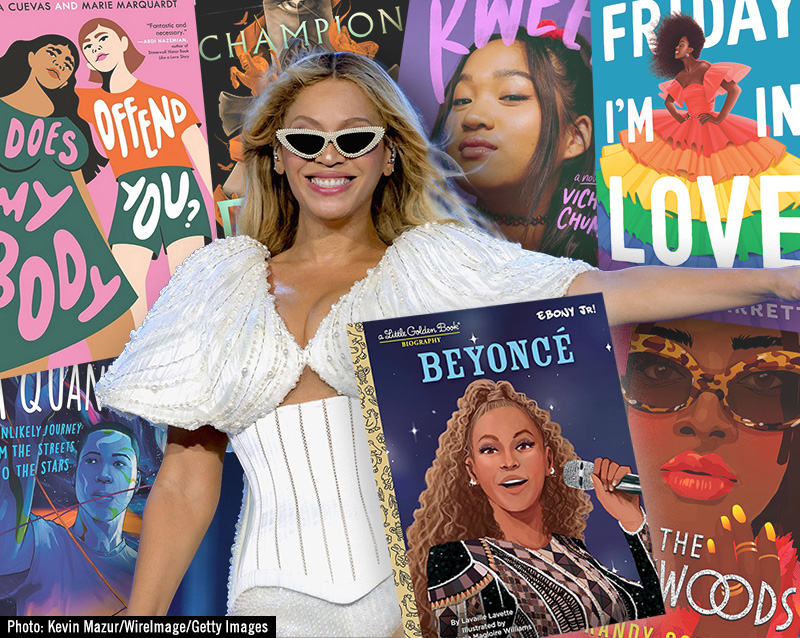An Examination of the Troubled Teen Industry, Thirteen Years in the Making, a guest post by Jessie Ann Foley

The seed for You Know I’m No Good was planted all the way back in 2007, when, for three days in a row, one of my freshman students didn’t show up to class. On the fourth day, I contacted our counseling office, where I learned that Penny* had been taken from her bed in the middle of the night and sent to a school for “troubled teens” in the remote Arizona desert.
Penny had grown up in a wealthy family on Chicago’s affluent North Shore, and I knew that her parents had high expectations for her success. I adored her—she was hardworking and diligent, vulnerable and funny. She was also loud and unfiltered; always blurting her opinions in class, breaking dress code, gushing about her crushes. She struck me as a freshman who was, like most freshman, still trying to figure herself out. None of her behaviors, at least during school hours, struck me as wildly out of the ordinary for a girl her age. I wondered, if Penny had been a boy, would she have faced the same consequences?
ADVERTISEMENT
ADVERTISEMENT
Over the past thirteen years, I started and stopped this novel many times. It required more research than any project I’d ever attempted, and therapeutic boarding schools are notoriously secretive places. Of the more than dozen I approached to interview, only one agreed to speak with me, and only one other, a coed school in a remote area of northeastern Oklahoma, allowed me to visit. All further research had to be gleaned from reading articles, Facebook and Reddit threads, and tracking down interviewees on Instagram.
I thought these obstacles, plus the intensity of the world-building the book required, were the reason why You Know I’m No Good was,despite being my fourth novel, by far the most difficult to write.
I lied to myself until the very end.
Because when I completed the final draft, I closed my laptop, blasted Ani DiFranco’s “32 Flavors,” rested my head on my desk and cried. It was suddenly so obvious to me: the process of writing this book was so painful because all along, I wasn’t writing about Penny: I was writing about myself.
To paraphrase the great Joan Didion, we don’t think about something and then write it; we write it so that we can find out what we’re thinking. Didion was an essayist, but the same rule applies to fiction; perhaps even more so. With fiction, one can place a veil between the story and the truth; one can write about the truth of one’s experiences without ever having to name them directly. By hiding inside the fictional characters and settings I’ve created, I can throw myself off the scent of my own pain. After all, I never attended a therapeutic boarding school, so how could You Know I’m No Good be about me?
Well, because this book isn’t about therapeutic boarding schools.
This book is about sexual assault—something that 1 in 5 women experience in their lifetimes. It’s about how sexual assault causes feelings of loneliness, then shame, then a cratering sense of self esteem. It’s about how these feelings can ignite other issues, issues that make it far more likely that these women will engage in risky behaviors that open the door to more trauma.
My characters know this.
I know it too.
But here’s something else Mia discovers and that I did, too: how to retrain your heart to love itself again—and the beauty and joy that opens up to you when this occurs. That is why I believe this book is necessary. I wrote You Know I’m No Good for the girls—and the boys—who need to hear its message and feel less alone. I wrote it for Penny. I wrote it for the friends I’ve lost. I wrote it for my three young daughters in the hope that its message will play a tiny part in changing things for the better from one generation to the next. I wrote it for my younger self. I wrote it for every kid who’s been called “troubled,” and took this label as a life sentence, an inevitable marker of how things had to be. And because of this, I know one thing for sure: the tears and the darkness, the torn-up drafts and the thirteen years of circling closer and closer to what I needed, finally, to say: it was worth it.
*I’ve changed her name for anonymity.
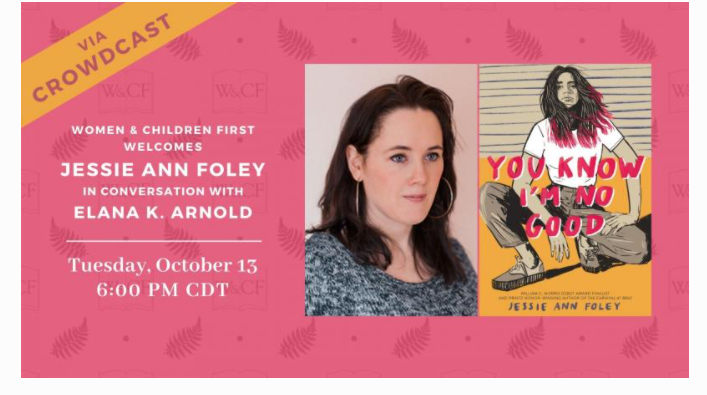
ADVERTISEMENT
ADVERTISEMENT
Jessie will be in conversation with Printz Honor winner and National Book Award finalist Elana K. Arnold on October 13, 2020 at 6 pm Central in a virtual launch with Women and Children First.
Meet Jessie Ann Foley
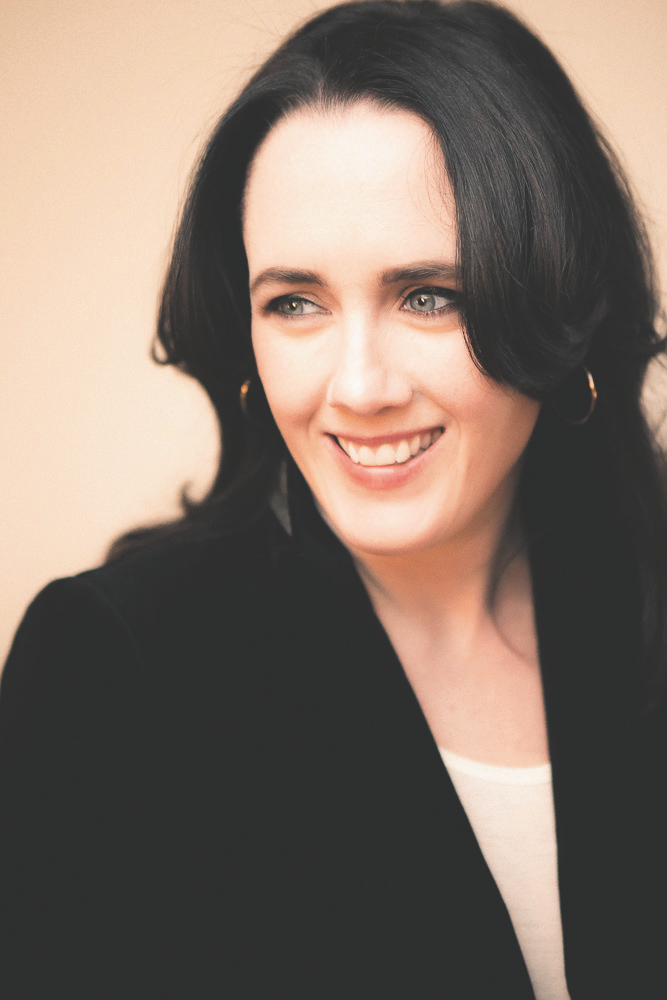
Jessie Ann Foley’s debut novel, The Carnival at Bray, was a Printz Honor Book, a Kirkus Best Book of 2014, a YALSA Top Ten Best Fiction for Young Adults title and a William C. Morris Award finalist. Her second novel, Neighborhood Girls, was a Booklist Editor’s Choice and YALSA Best Fiction for Young Adults title. Sorry for Your Loss, her third novel, was a 2020 Illinois Reads selection. You Know I’m No Good is her fourth novel. Jessie lives with her husband and three daughters in Chicago, where she was born and raised. To learn more about Jessie, visit her online at www.jessieannfoley.com.
Find Jessie’s book at Women and Children First.
About You Know I’m No Good

This razor-sharp novel from Printz Honor winner and Morris Award finalist Jessie Ann Foley will appeal to fans of Rory Power and Mindy McGinnis.
Mia is officially a Troubled Teen™— she gets bad grades, drinks too much, and has probably gone too far with too many guys.
But she doesn’t realize how out of control she seems until she is taken from her home in the middle of the night and sent away to Red Oak Academy, a therapeutic girls’ boarding school in the middle of nowhere.
While there, Mia is forced to confront her painful past at the same time she questions why she’s at Red Oak. If she were a boy, would her behavior be considered wild enough to get sent away? But what happens when circumstances outside of her control compel Mia to make herself vulnerable enough to be truly seen?
Challenging and thought-provoking, this stunning contemporary YA novel examines the ways society is stacked against teen girls and what one young woman will do to even the odds.
ISBN-13: 9780062957085
Publisher: HarperCollins Publishers
Publication date: 10/13/2020
Age Range: 14 – 17 Years
Filed under: Uncategorized
About Amanda MacGregor
Amanda MacGregor works in an elementary library, loves dogs, and can be found on Twitter @CiteSomething.
ADVERTISEMENT
ADVERTISEMENT
SLJ Blog Network
The Moral Dilemma of THE MONSTER AT THE END OF THIS BOOK
Cover Reveal and Q&A: The One and Only Googoosh with Azadeh Westergaard
Winnie-The-Pooh | Review
Parsing Religion in Public Schools
ADVERTISEMENT



